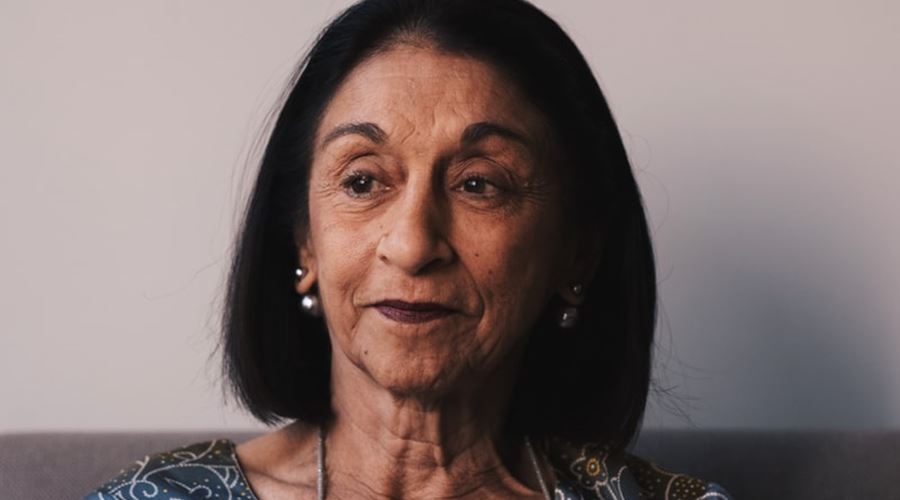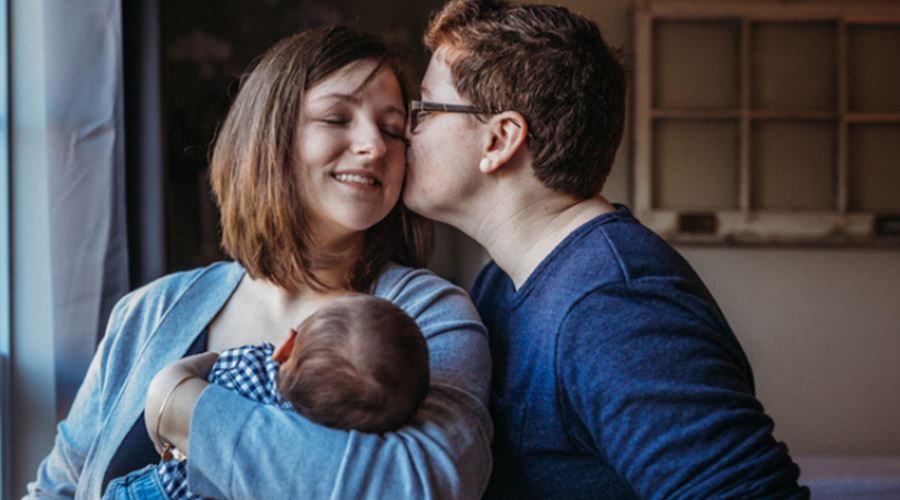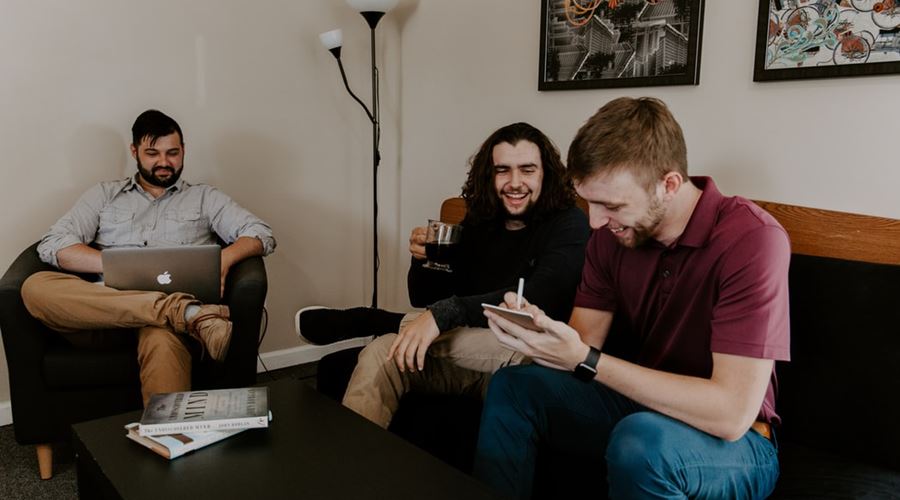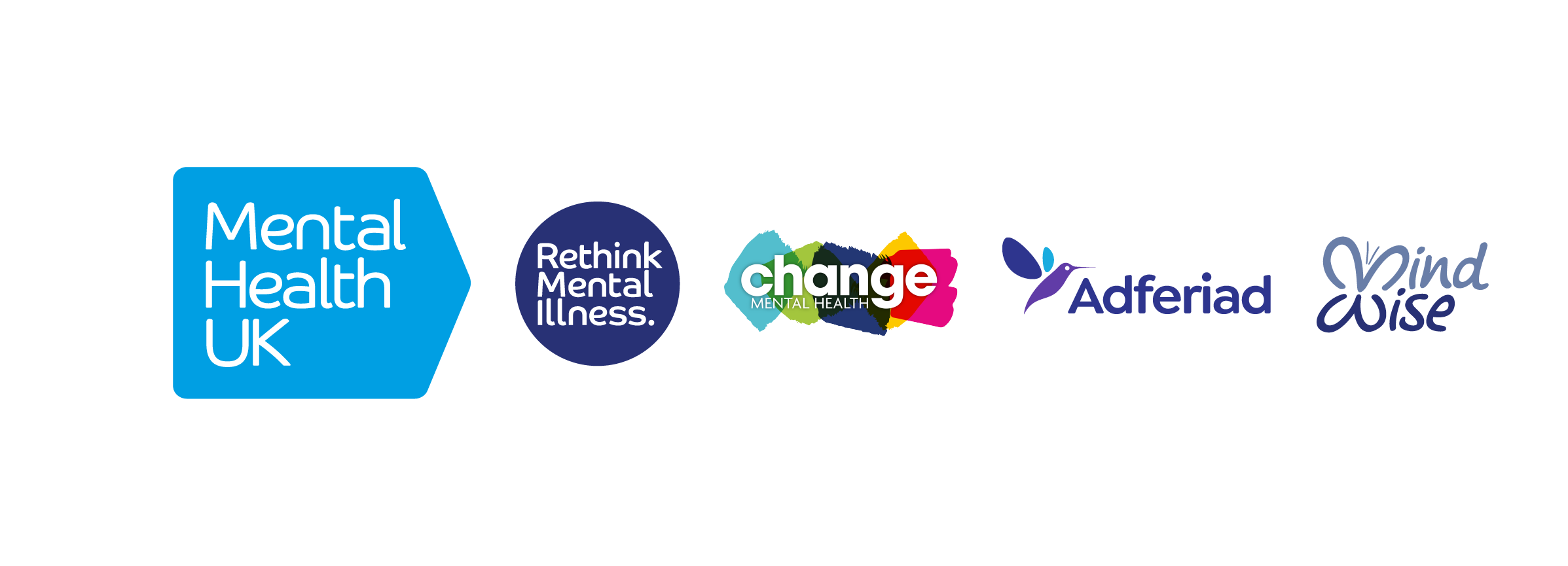- Home
- Info & Support
- Living with Mental Illness
- Current: Drugs, alcohol and mental health
Do you need urgent help?
If you need to speak to someone right now, here are some confidential options which provide 24/7 support. If you're worried you might hurt yourself or someone else, please call 999, or go to your nearest A and E.
Childline
Helps anyone under 19 in the UK with any issue they’re going through. Childline is free, confidential and available any time, day or night.
0800 1111Samaritans
24 hours a day, 365 days a year. You don't have to be suicidal to call us
Drugs, alcohol and mental health
Drugs and alcohol can have a big impact on your mental health. Read our guide on how to get support if you're struggling with drugs or alcohol.
Quick Facts
- There are many reasons why you might use drugs and alcohol.
- Some people use them to try and deal with their symptoms of their mental illness. This is called 'self-medication'.
- Drugs and alcohol can make the symptoms of your mental illness worse.
- Some drugs may make it more likely for you to get a mental illness, and they may make it harder to treat.
- Mental health, and drug and alcohol services should work together to give you the support you need.
- If you have any problems getting help, you could make a complaint.
How do drugs and alcohol affect my mental health?
People use drugs and drink alcohol for lots of different reasons. Whatever your reason, using drugs or alcohol may have a long-term negative effect on you. The possible long-term effects include the following:
- Needing to take more to get the same effect.
- Feeling like you must use the drug or alcohol ('dependence').
- Withdrawal symptoms including feeling sick, cold, sweaty or shaky when you don’t take them.
- Having sudden mood changes.
- Having a negative outlook on life.
- Loss of motivation.
- Doing less well at work, school, college or university.
- Problems with relationships.
- Borrowing or stealing money from friends and family.
- Being secretive.
- Having episodes of drug-induced psychosis
It may take longer for your mental health to get better if you use drugs or alcohol. Drugs can make you more unwell and more likely to try and harm yourself or take your own life.
There is also some evidence that using some drugs may cause mental illness in the first place. For example, research has shown that cannabis can increase your chances of developing schizophrenia.
How do different substances affect my mind?
Taking any substances can be dangerous. They can also have bad interactions with any medications or other substances you might use.
For more information on different substances you can visit the website of ‘Talk to Frank’. They are a specialist charity that provides information on drugs.
Cannabis
Some people take cannabis because it makes them feel relaxed or happy, but It can also make you feel anxious or feel paranoid. Some people may experience things that aren't real. This is a sign of drug-induced psychosis. Some studies have shown that the risk of psychosis may be higher if you:
- use cannabis for a long time,
- use it frequently, or
- use ‘high-strength’ cannabis, like skunk.
If you have been using cannabis and you feel that it is affecting your health, make an appointment to see your GP as soon as you can. Your doctor should not judge you, and should not tell other people you use drugs.
Alcohol
Some people with a mental illness have problems using alcohol. Alcohol is legal, which means it is easier to get. It can make the feelings of some mental health issues feel worse, and for some people it could cause their mental health to relapse if they have struggled in the past.
The long-term effects of alcohol also depend on how much you drink, and how regularly you drink it. If you drink too much on a regular basis then you could cause yourself serious physical and mental harm. Drinking may make it more difficult for you to recover from your mental illness, and may reduce your quality of life.
New Psychoactive Substances (NPS)
These are drugs that contains similar ingredients or chemicals to other illegal drugs.
Some of the drugs classed as NPS are known as ‘legal highs’. This is a common term that people use. It is used because some NPS were legal before 2016. However, the name is now wrong, because since 2016 they have been made illegal.
Some NPS that are now illegal include:
- stimulants such as mephedrone (also known as meow meow, mcat, plant food, drone),
- sedatives such as liquid ecstasy (also known as GHB, legal E),
- hallucinogens such as N-bombs (also known as smiley paper, Bom-25, 2-C-I-NBOME), and
- synthetic cannabinoids such as spice and black mamba.
The short-term effects of an NPS depend on what you take. No one knows exactly how NPS will affect you in the long-term. However, as with all drugs, they may still have a bad effect on your mental health.
Some NPS can be very dangerous. For example GHB can kill you, or hurt you very badly when taken with alcohol or other sedatives. Many mental health medications have sedative effects.
Amphetamine and methamphetamine
In the short-term, these drugs can make you feel wide awake and alert. This can make it difficult for you to relax or get to sleep. They might cause you to have a drug-induced psychosis. In the long-term, amphetamines might make you anxious and depressed. They can also be addictive.
When you stop taking the drug, you may feel depressed and you might find it hard to sleep.
Tranquilisers
There are two types of tranquiliser. Major tranquilisers are often antipsychotic medications. Minor tranquilisers are drugs that may make you feel unaware of your surroundings and can be highly addictive.
One example of a tranquiliser is ‘benzodiazepines’, or benzos. Sometimes a doctor will tell you to take benzodiazepines to help you with anxiety. People also buy them illegally because of their relaxing effects. They can be addictive, and so doctors only give them for a short time.
In the short-term, these drugs can make you feel calmer. Depending on the type you take, they could make you feel confused or moody.
In the long-term, some people become addicted. This can have a big effect on their day-to-day life.
Cocaine
In the short-term, cocaine can make you feel awake, talkative and confident. After this wears off, you can feel tired and depressed after taking it. If you take a high dose there is a risk you could die.
In the long-term, cocaine use can affect how you feel. It can affect your relationships with friends and family. Cocaine is also addictive and over time you are more likely to have ongoing problems with depression, paranoia or anxiety.
Ecstasy
In the short-term, ecstasy may make you feel energetic, chatty and confident. It can also sometimes make you feel anxious, confused or trigger drug-induced psychosis.
In the long-term, ecstasy may make you feel depressed and anxious, and some people struggle with memory problems.
Heroin
In the short-term, heroin can make you feel relaxed and calm. It takes away pain and can make you feel sleepy. But there is a higher risk that you could take too much or overdose with heroin than some other drugs.
Heroin can be taken in lots of different ways, including by injection. However, there is a high risk of getting an infection if you inject heroin, particularly if you share needles with someone else.
Heroin is very addictive. It can have serious long-term effects. When you stop taking it you may feel depressed and find it hard to sleep. You may feel that heroin becomes more important than other things in your life. This might make it harder to keep a job and affect your relationships.
LSD
In the short-term, LSD may make you experience things that aren't real. Sometimes the experience will be enjoyable, and sometimes it will be frightening (a 'bad trip').
There is mixed evidence about the long-term effects of LSD. We don’t know exactly how likely it is to cause mental health problems.
How can I get help?
If you have a mental illness and use drugs, the NHS may call this 'dual diagnosis' or ‘co-occurring diagnosis’. Your local Health and Social Care trust may have a policy that says how they will help people with dual diagnosis.
If you are not already getting help with your mental health from your local mental health team, a good first step is to make an appointment to see your GP. Your GP may offer you medication and therapy to treat your mental illness. They may refer you to a drug and alcohol service to help you with your drug use.
As well as services, you could try contacting local charities. Many charities have support services or support groups for people struggling with substance misuse. NI Direct have a useful guide in who to contact for help.
I’m having trouble getting help – what can I do?
Some people with dual diagnosis have told us that it has been difficult to get the help they need. For example, you may have been told that mental health services cannot help you because of your drink or drugs problem. But the Department of Health is very clear that mental health services should try to help you if you have dual diagnosis.
The National Institute for Health and Care Excellence (NICE) also say that you should not be turned away from mental health services because you have a drug or alcohol problem.
If your mental health team has turned you away you could ask them why they have done this.
If you are not happy with the services you get, talk to the person in charge of your care.
An 'advocate' may be able to help you to get your point of view across. You might need to make a complaint if you do not get the help you need.
Further support
Supporting someone struggling with dual diagnosis can be difficult. It might help to speak to the person you are helping, to see what support they want. For example, some people might just want someone to talk with. Other people might want more practical help, such as with booking appointments or helping them speak to professionals.
- Addiction NI offer support and advice to relatives, friends and carers of those struggling with substance misuse.
- You might also feel that you need support for yourself. Read our supporting someone page for some ideas on how you can look after yourself.
In an emergency, call 999. Here's how to recognise whether someone's life is at risk due to drugs or alcohol.

Covid-19 Support
Information on taking care of your mental health, your rights, and where to find financial help & support during the Covid-19 (Coronavirus) outbreak.






